
As Brazil climbs out of the COVID-19 crisis, Embraer’s Eve will lead industry groups to introduce air-taxis into South America, as the nation commits to zero-carbon flying. Eve Urban Air Mobility – a spin-off from Embraer – and partners will provide the first test simulation of Eve’s electrical vertical take-off and landing (eVTOL) jet
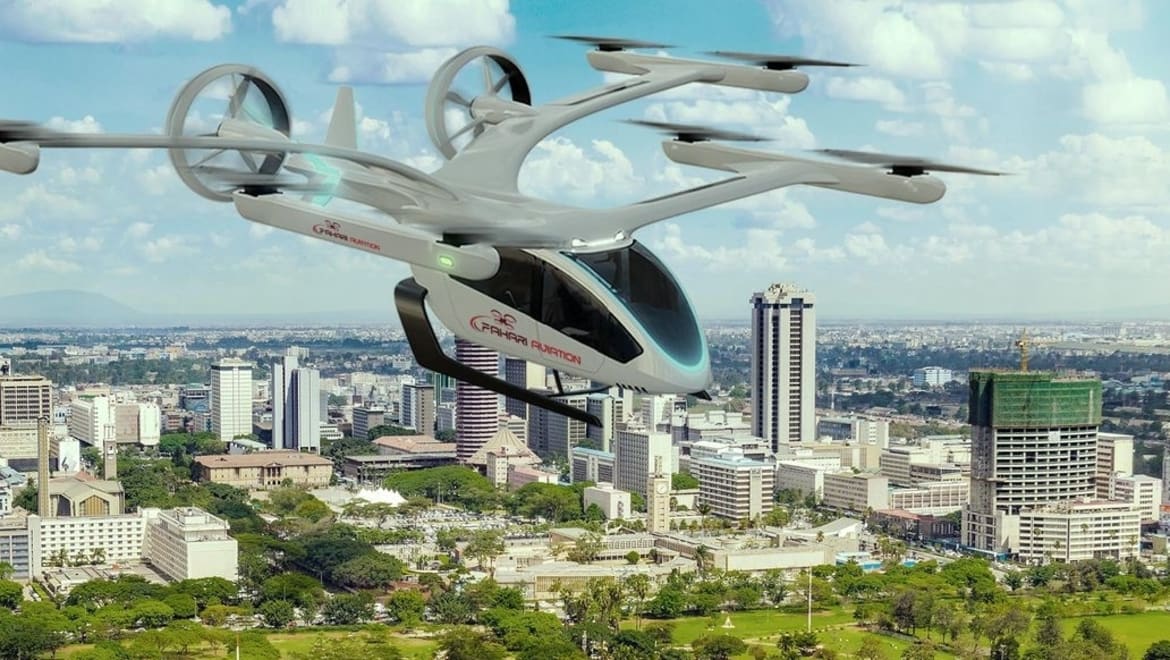
Eve Urban Air Mobility Solutions (Eve) signed the Memorandum of Understanding with Fahari Aviation, Kenya Airways’ subsidiary yesterday, according to Embraer.
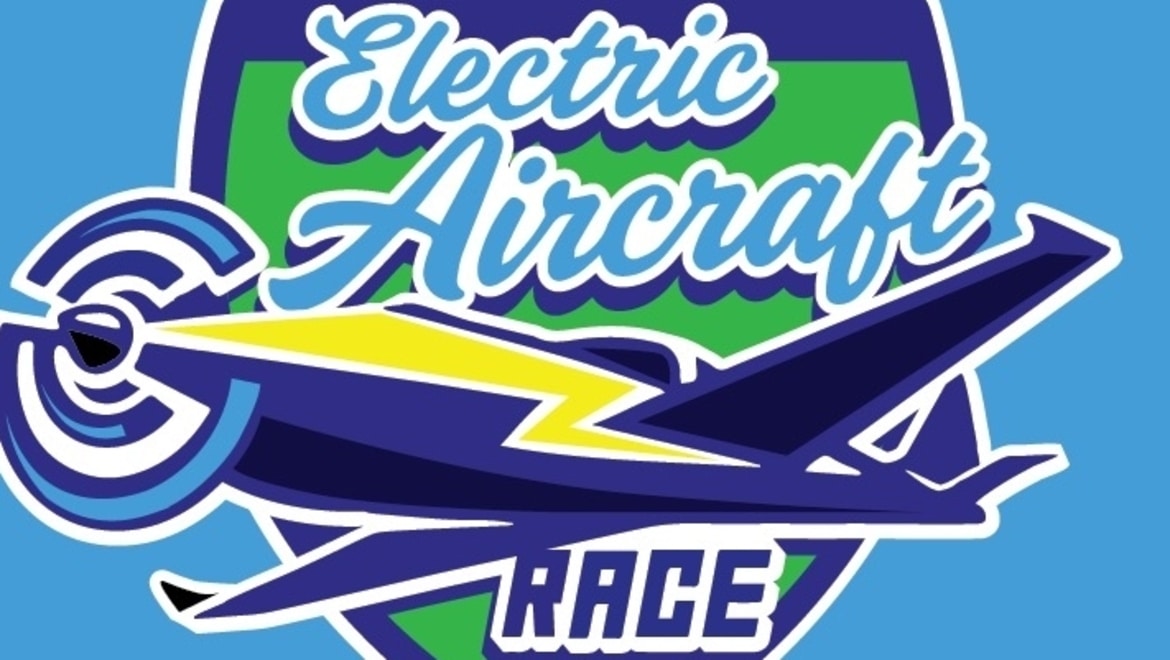
The NAA, the oldest not-for-profit aviation organisation in the United States, will award the winner a trophy on display at the Smithsonian National Air and Space Museum in Washington.
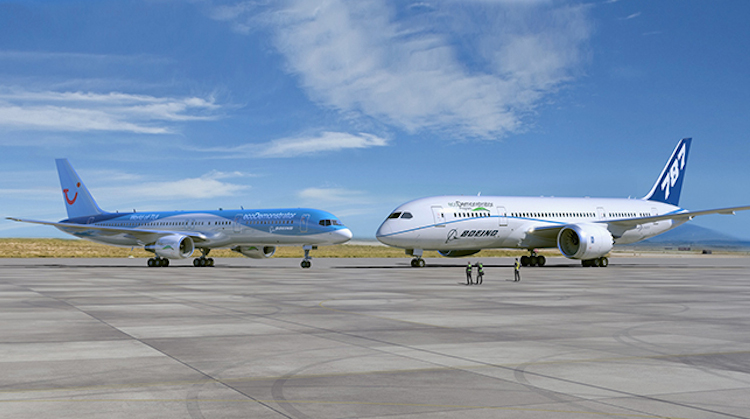
Boeing has pledged to reveal how much carbon emissions (CO2) its jets generate over their lifespan and deliver commercial aircraft running on 100 per cent Sustainable Aviation Fuel (SAF) by 2030.
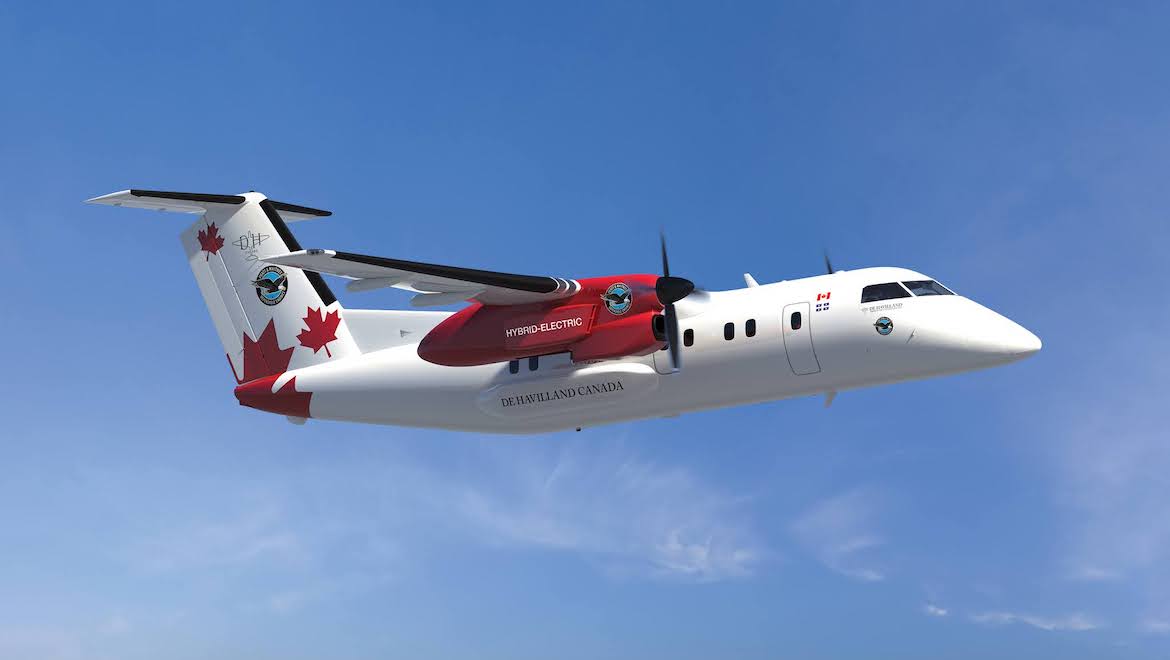
De Havilland Canada has announced a new partnership Pratt & Whitney Canada (P&WC) to integrate hybrid-electric technology into a De Havilland Canada Dash 8-100 flight demonstrator.
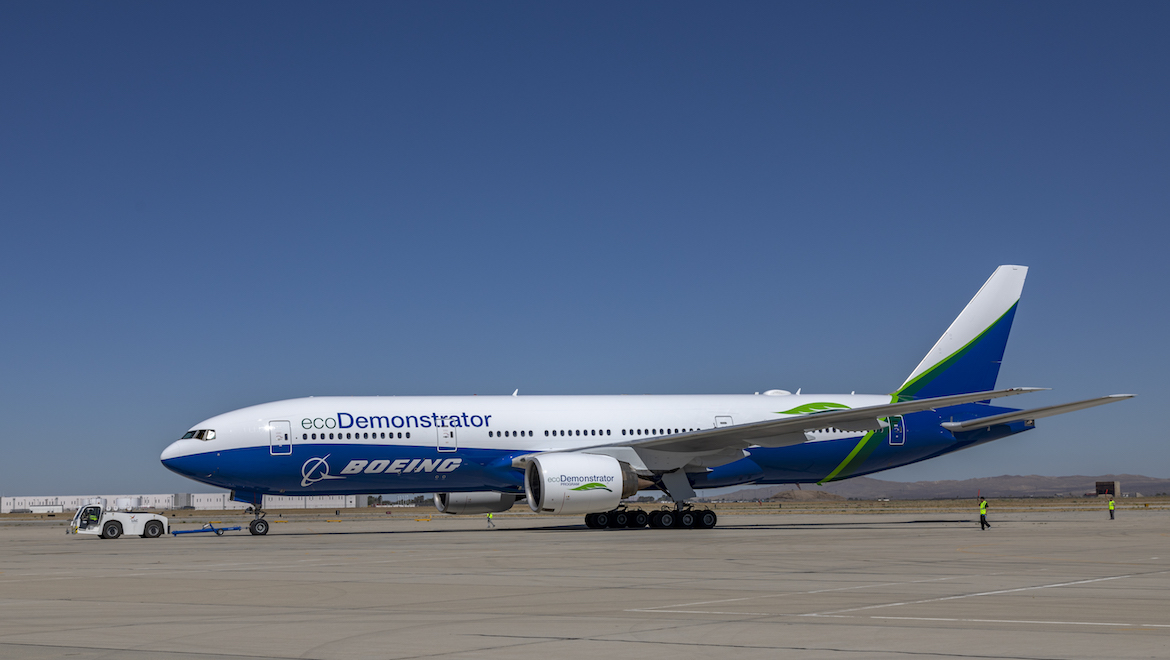
Boeing and SkyNRG pledge to make sustainable aviation fuels (SAF) more accessible to airlines in a partnership announced on Thursday– starting with North America. Netherlands-based SkyNRG, along with US planemaker Boeing, will accelerate production capacities of alternative fuels to operate aircraft using 100 per cent SAF by 2026. The companies will work together to increase




